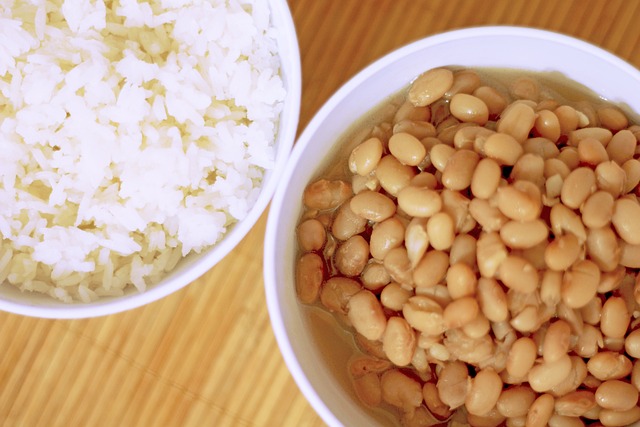Ayurveda, the ancient Indian system of medicine, views food as medicine and emphasizes the importance of nourishing the body with a balanced diet. Central to Ayurvedic nutrition is the concept of the six tastes, each with its unique properties and effects on the body and mind. According to Ayurveda, including all six tastes in our meals can support overall health, balance our doshas (energetic forces), and optimize digestion. In this article, we will explore the six tastes in Ayurveda, their qualities, and how incorporating them into our meals can promote well-being and harmony.
Sweet (Madhura)
The sweet taste encompasses natural sugars found in fruits, grains, root vegetables, and dairy products. It is nourishing, grounding, and calming to the body and mind. The sweet taste provides energy, promotes tissue growth, and enhances satisfaction. However, it is essential to consume sweet foods in moderation to prevent excessive weight gain or imbalances.
Sour (Amla)
The sour taste is present in citrus fruits, fermented foods, vinegar, and certain dairy products. Sour foods stimulate digestion, improve appetite, and promote cleansing. While the sour taste can be beneficial, excessive intake may aggravate Pitta dosha (fire and water elements) and cause heartburn or acidity. It is important to consume sour foods in moderation and combine them with other tastes for balance.
Salty (Lavana)
Salty taste is found in table salt, sea salt, seaweed, and salty foods. It enhances flavor, aids digestion, and promotes proper hydration. The salty taste can help balance Vata dosha (air and space elements) and support electrolyte balance. However, excessive salt intake can lead to fluid retention and imbalances. It is advisable to use natural, unprocessed salts and be mindful of the overall sodium intake.
Bitter (Tikta)
The bitter taste is present in leafy greens, bitter herbs, bitter melon, and certain spices. Bitter foods have a cooling and cleansing effect on the body. They stimulate digestion, support liver function, and help eliminate toxins. Including bitter foods in our diet can promote balance and reduce cravings. However, excessive intake may increase Vata dosha and lead to coldness or dryness. Balancing bitter tastes with other tastes is important for optimal results.
Pungent (Katu)
The pungent taste is found in spices like chili peppers, ginger, garlic, and certain herbs. Pungent foods are heating, stimulate metabolism, promote circulation, and improve digestion. They can have a cleansing effect and clear congestion. However, excessive pungent foods may aggravate Pitta and Vata doshas, causing excessive heat or dryness. Moderation and balancing with other tastes are key.
Astringent (Kashaya)
The astringent taste is present in foods like legumes, certain fruits (such as pomegranate and cranberries), and certain vegetables (like broccoli and cauliflower). Astringent foods have a drying effect, promote tissue firmness, and support detoxification. They can help control excessive secretions and maintain balance. However, excessive astringent foods may increase Vata dosha and cause dryness. Balancing with other tastes is crucial for optimal results.
Incorporating all six tastes into our meals allows us to experience a variety of flavors and provides a wide range of nutrients, fostering balance and satisfaction. Ayurveda encourages us to design our meals with awareness, incorporating different tastes according to our individual constitution and the season. By understanding and embracing the six tastes, we can cultivate a harmonious relationship with food, optimize digestion.
Image by Alexandra Tianu from Pixabay
Ayurveda
-

What are the Six Tastes in Ayurveda?
Ayurveda, the ancient Indian system of medicine, views food as medicine and emphasizes the importance of nourishing the body with a balanced diet. Central to Ayurvedic nutrition is the concept of the six tastes, each with its unique properties and effects on the body and mind. According to Ayurveda, including all six tastes in our…







Leave a Reply